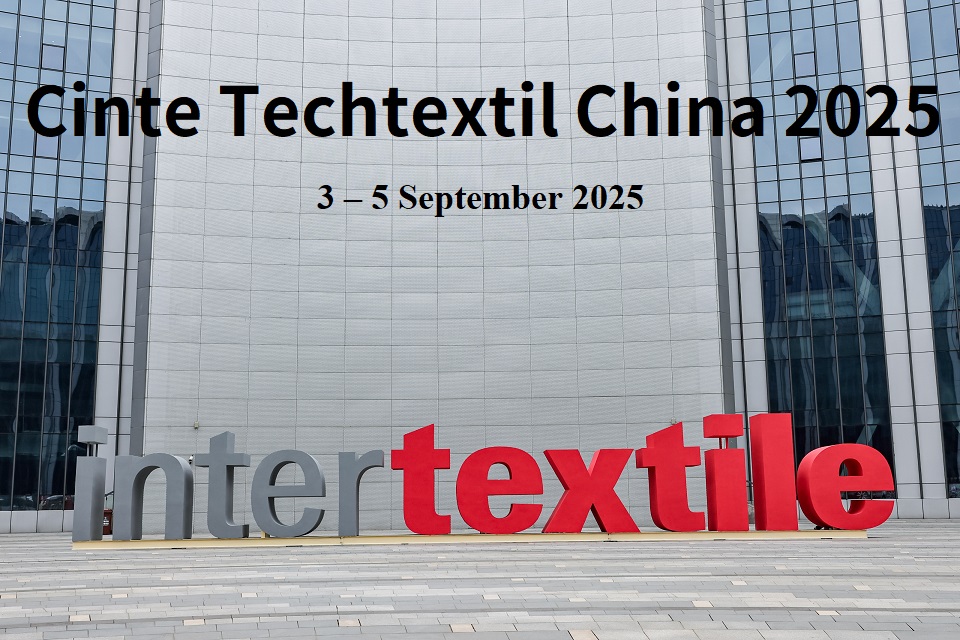Industri tekstil dan produk tekstil (TPT) di Indonesia sedang menghadapi tantangan besar. Gelombang pemutusan hubungan kerja (PHK) yang terjadi tahun ini mengalami peningkatan drastis, terutama di lini industri antara yang memproduksi kain dari bahan baku setengah jadi. Asosiasi Pertekstilan Indonesia (API) melaporkan bahwa hingga Mei 2024, hampir 11.000 pekerja di sektor ini telah terkena PHK.
Tren pemutusan hubungan kerja (PHK) di industri tekstil dan produk tekstil (TPT) terus berlanjut dan tidak menunjukkan tanda-tanda mereda sejak pandemi Covid-19. Berdasarkan data dari Asosiasi Pertekstilan Indonesia (API), di pusat-pusat industri TPT yang berlokasi di Jawa Barat dan Jawa Tengah, total PHK yang terjadi sejak awal tahun hingga akhir 2023 mencapai 7.200 tenaga kerja.
Pengusaha industri tekstil dalam negeri merasa sangat kecewa dengan kebijakan pemerintah yang belakangan ini melonggarkan aturan impor. Asosiasi Pertekstilan Indonesia (API) menilai langkah pemerintah tersebut dapat memberikan dampak negatif bagi sektor industri tekstil dalam negeri.
Page 282 of 388




